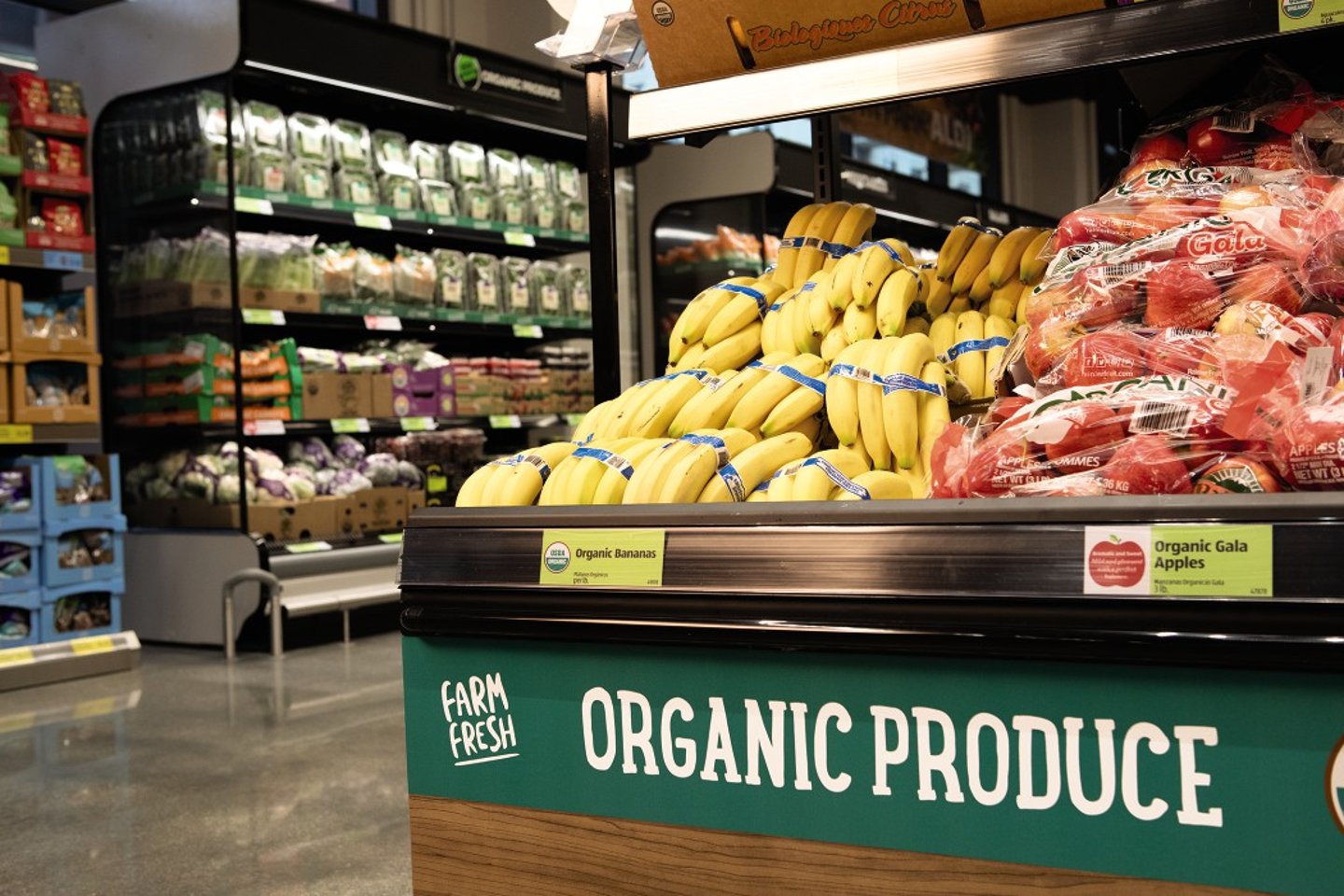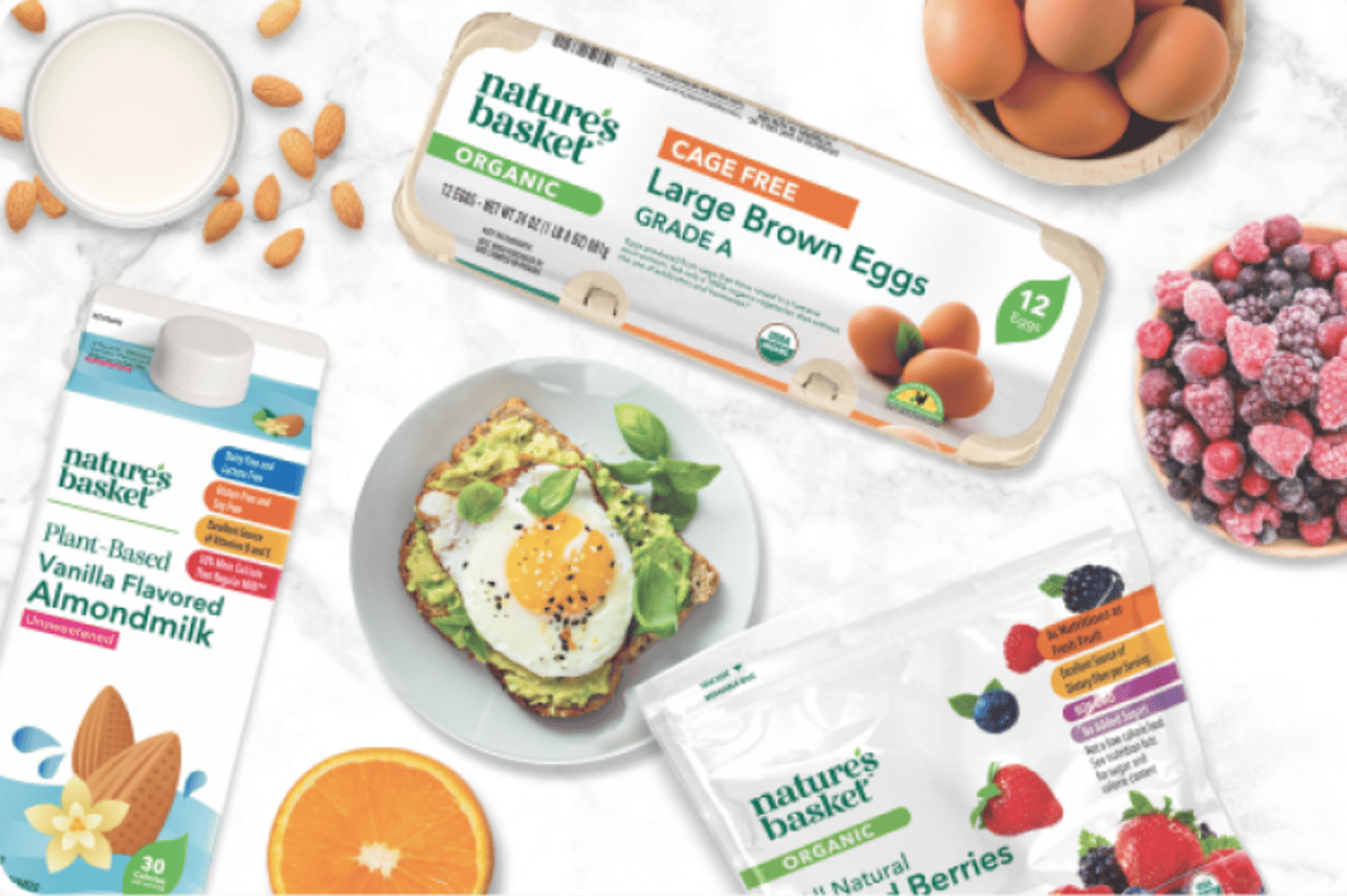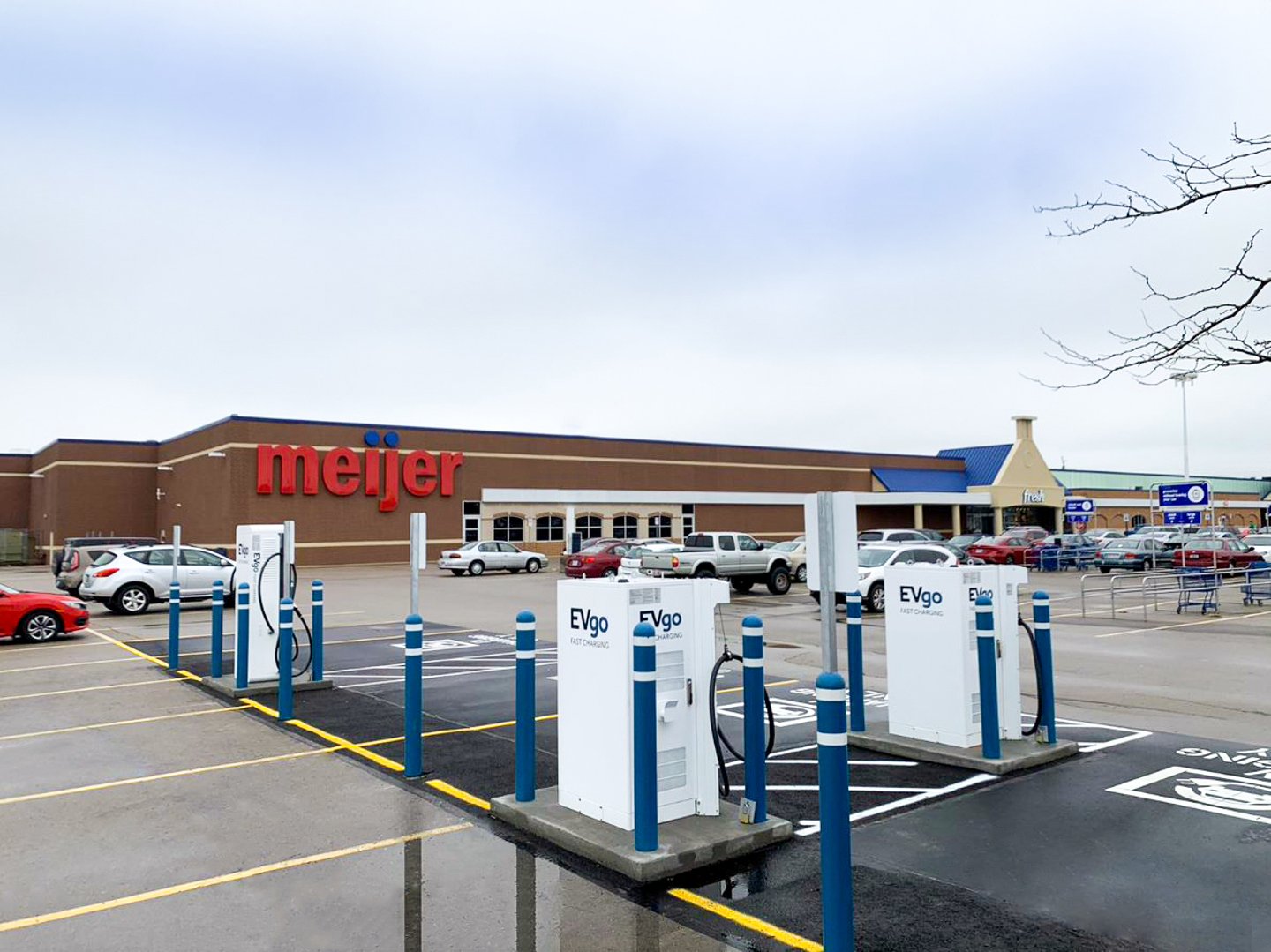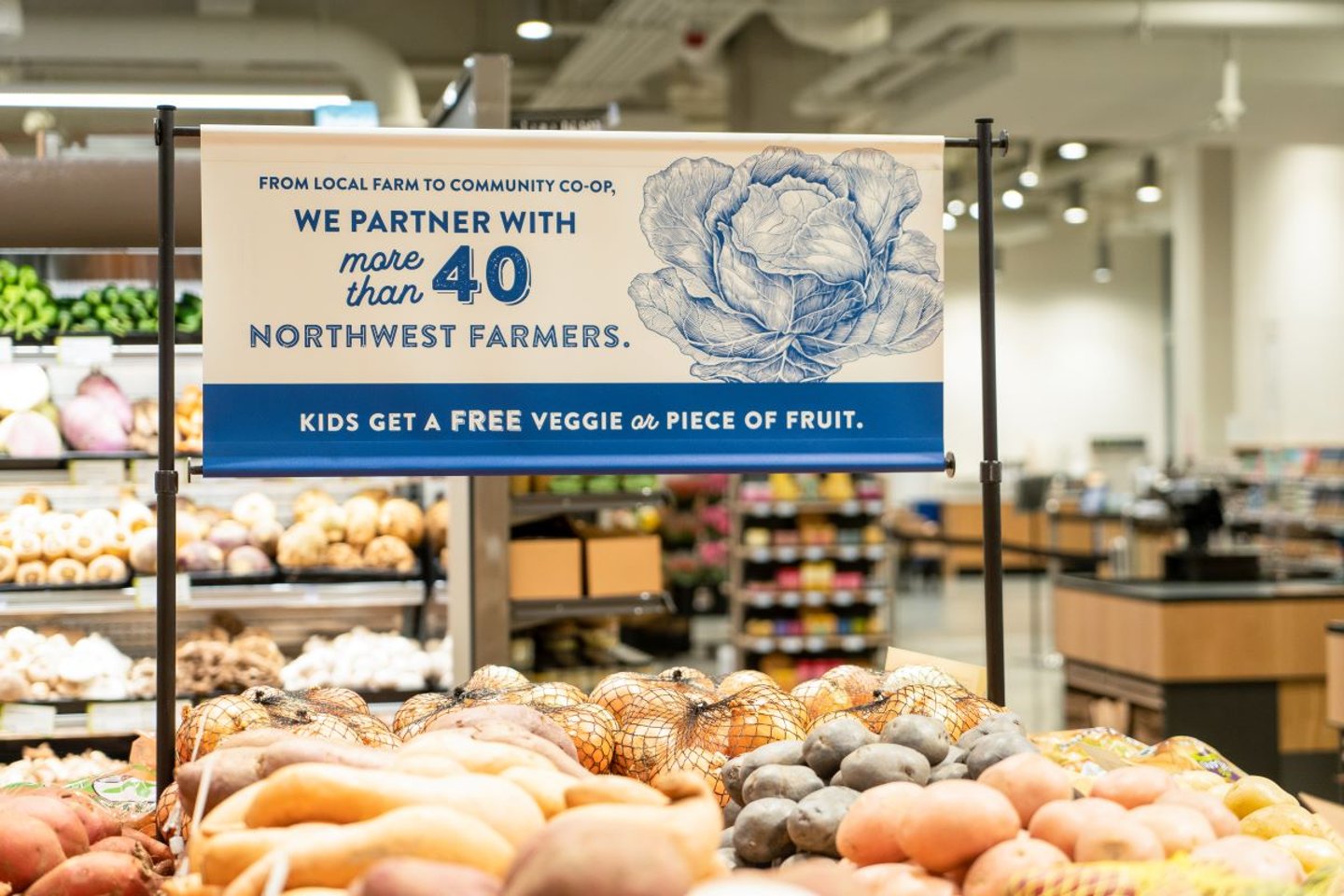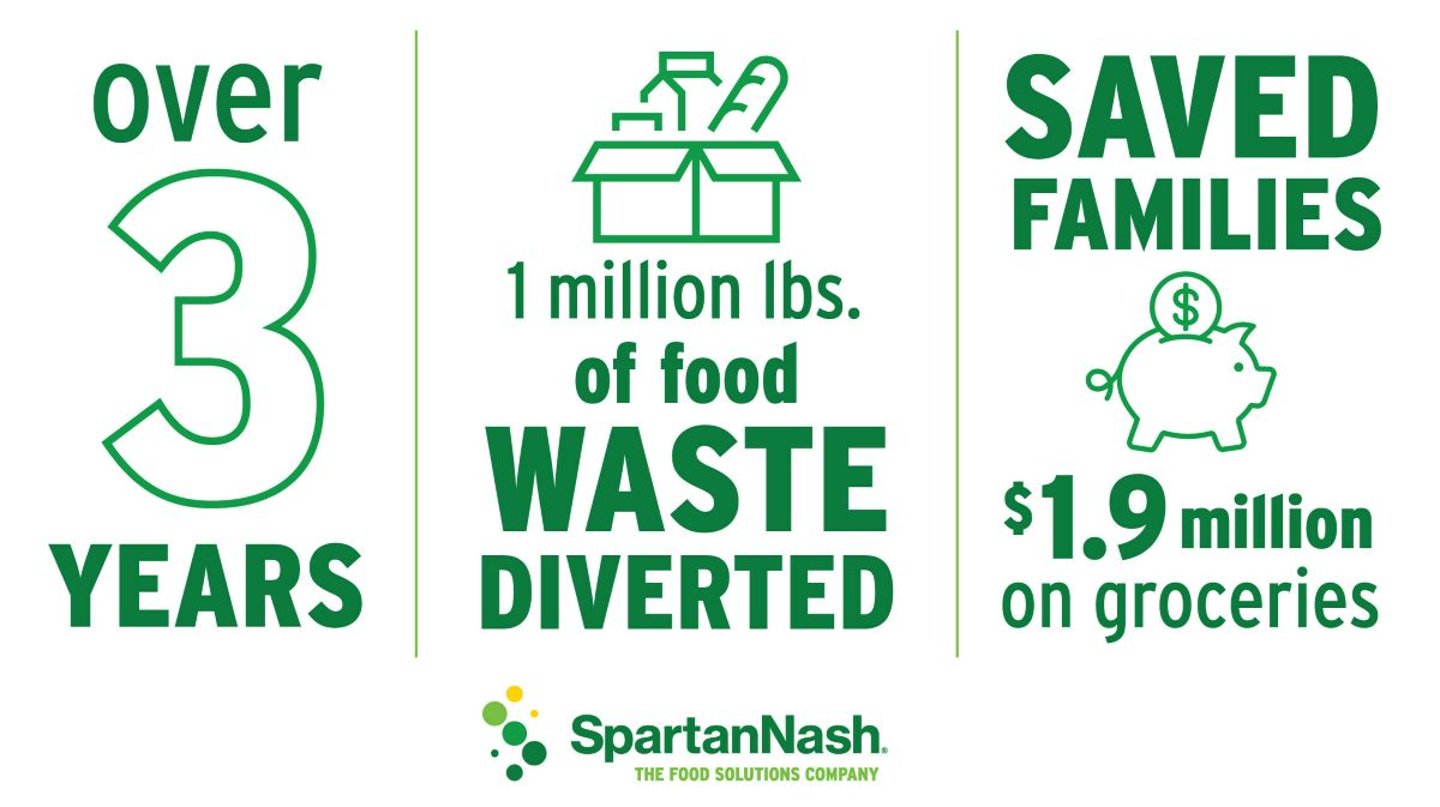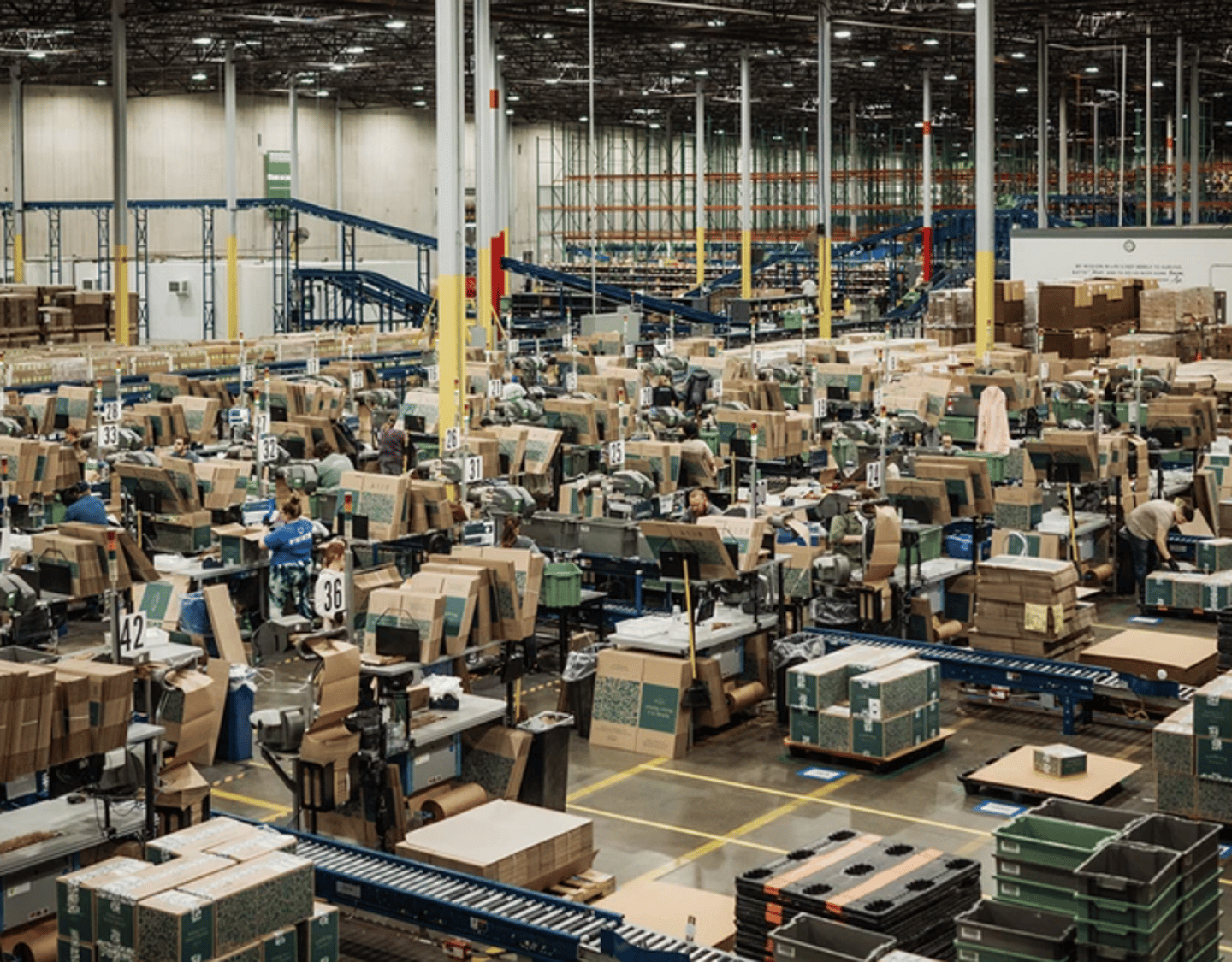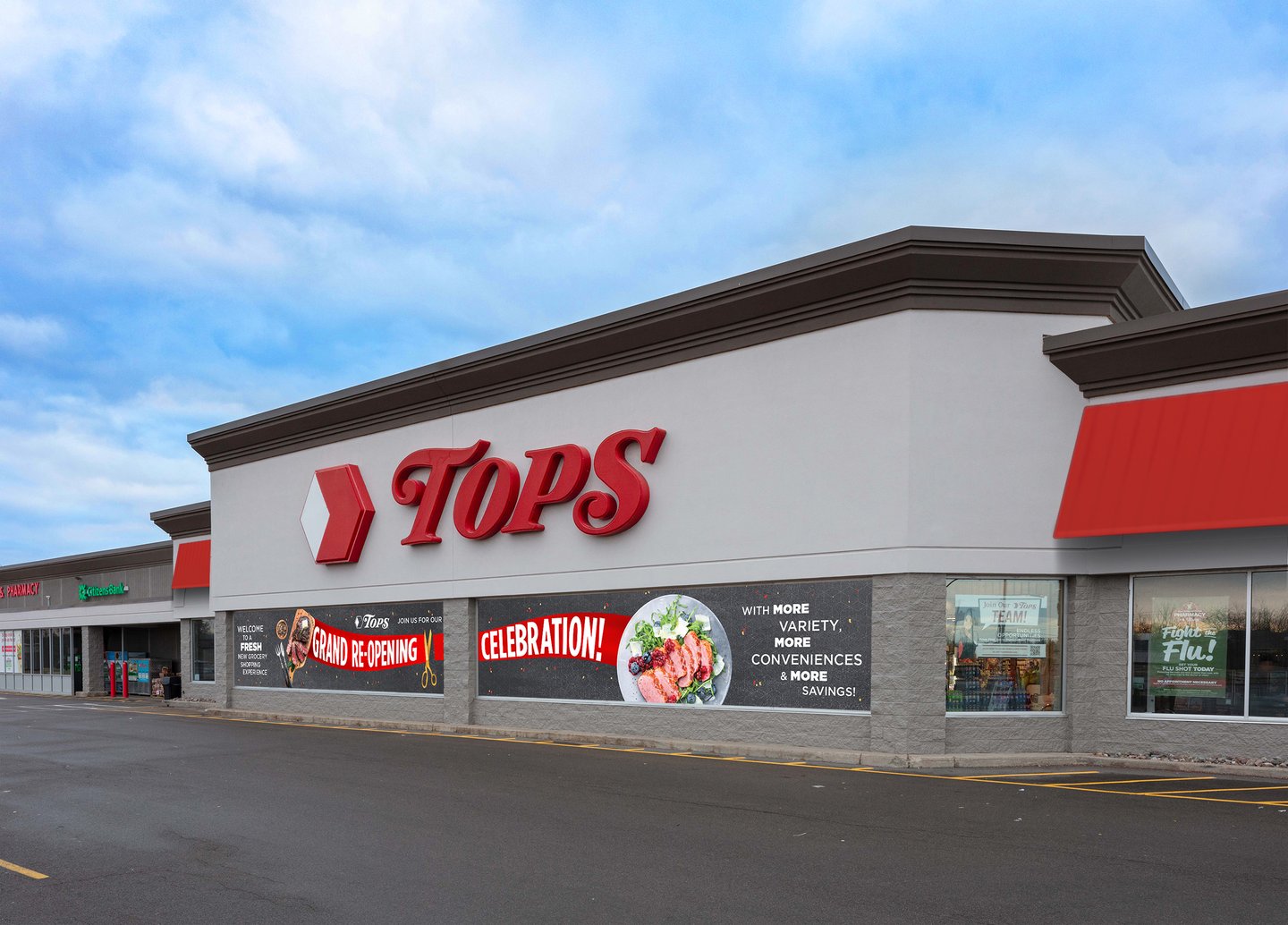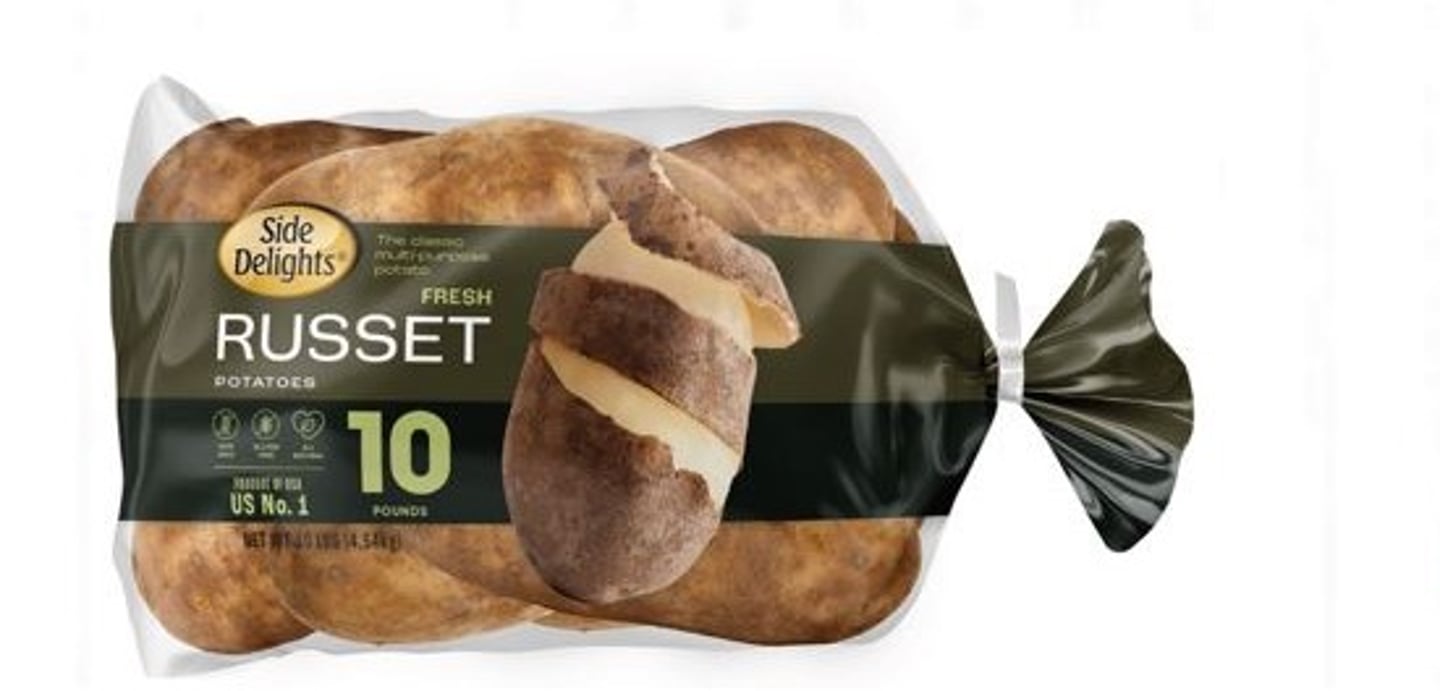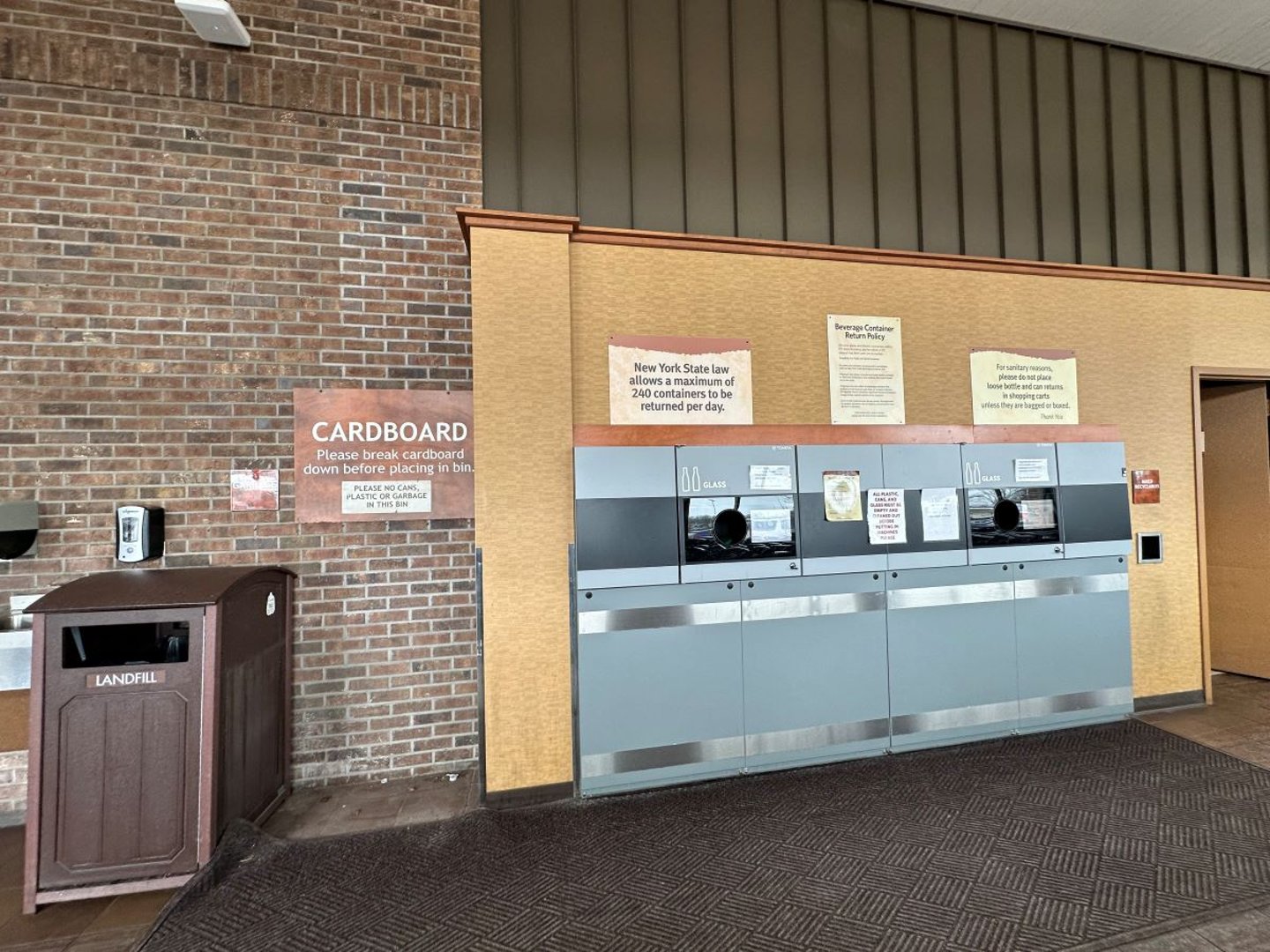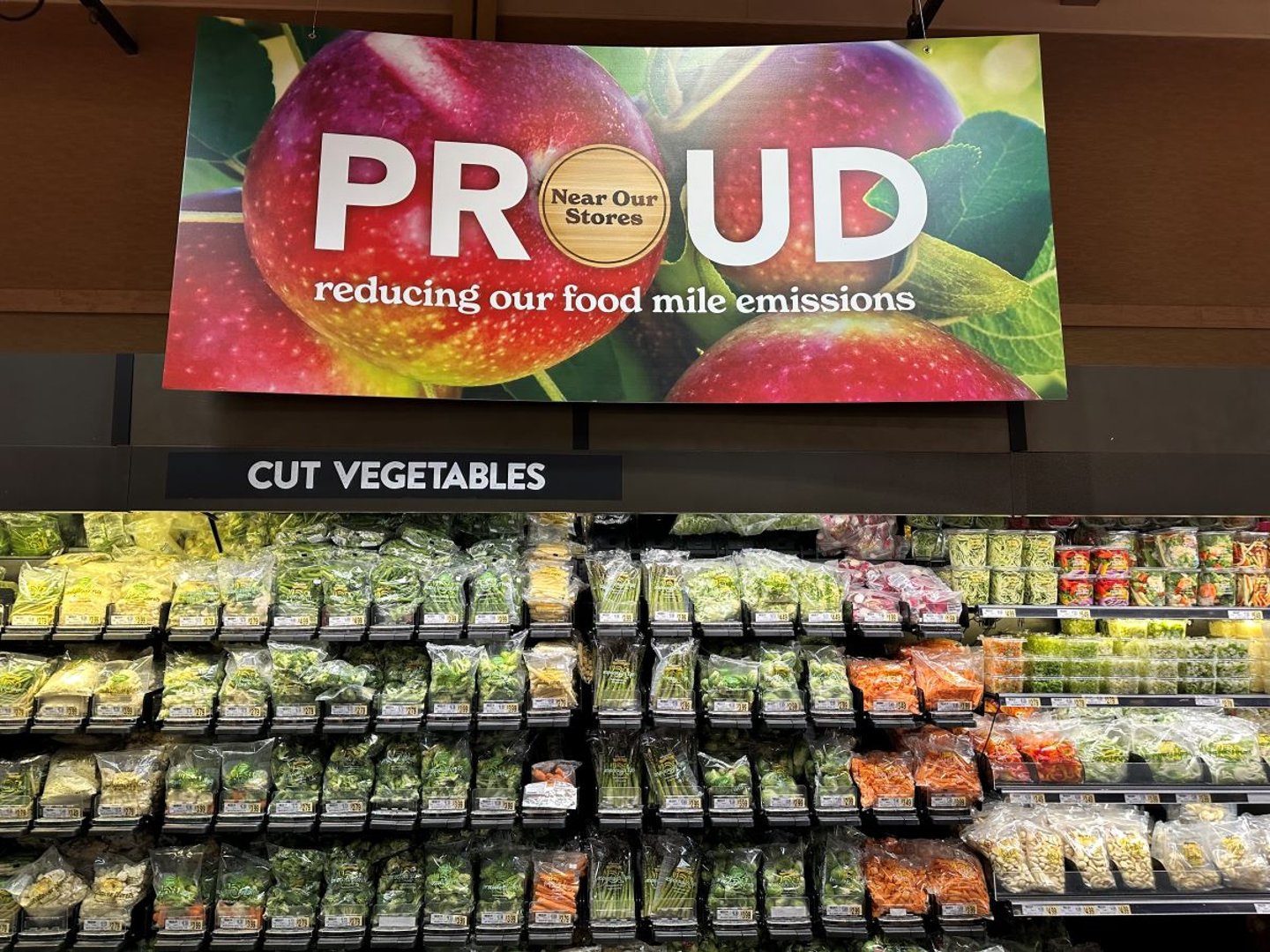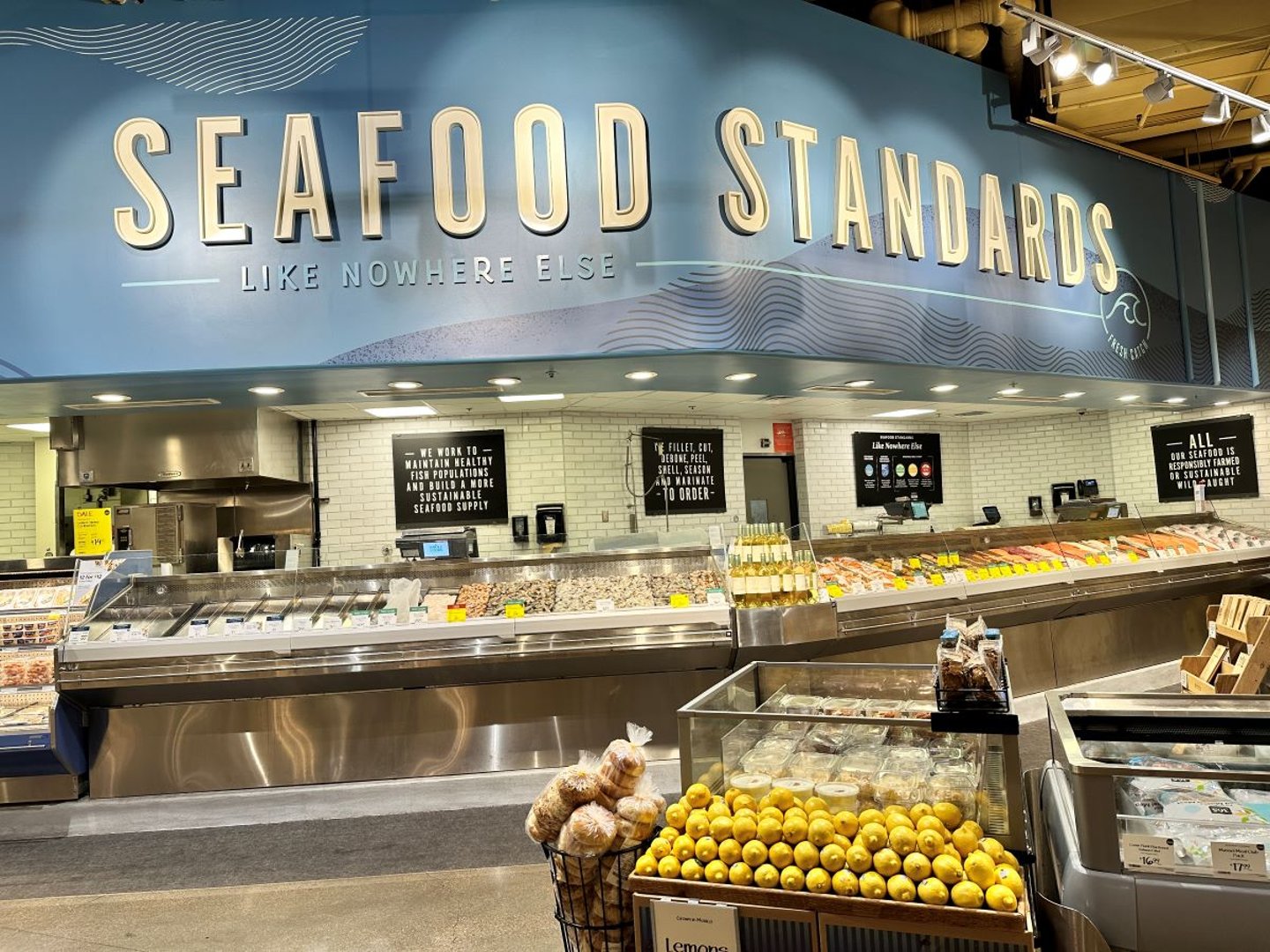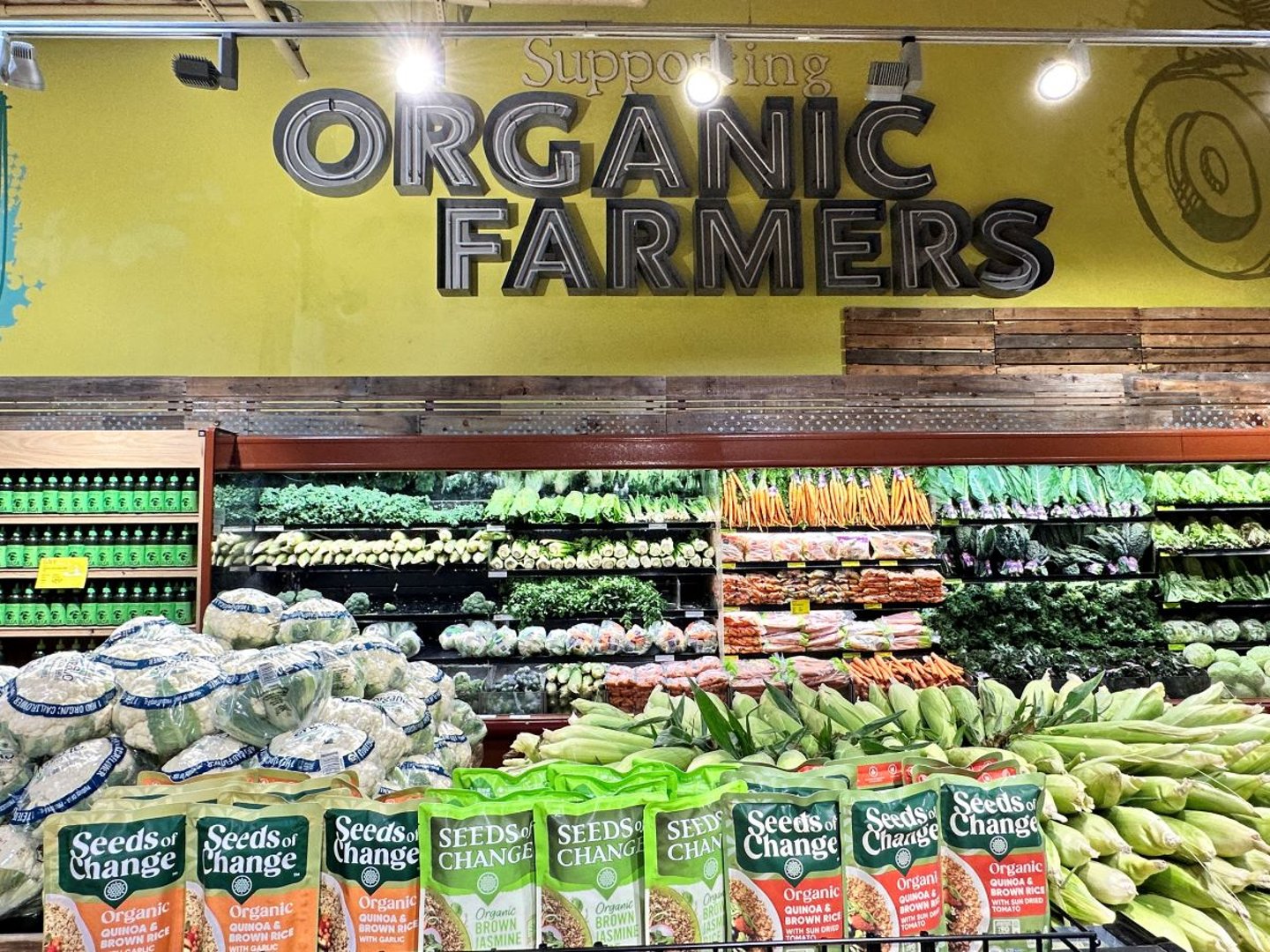Progressive Grocer Names the 10 Most Sustainable Grocers
More Sustainable Coverage
Sustainability is a growing concern. According to Mike Johnston, managing director of data products at international research tech firm Glow, citing recent research from his company: “While 83% of shoppers deem it important for retailers to act sustainably, only 31% currently cite sustainability as a significant influence on their retailer choice. However, this gap will narrow, with 45% of shoppers expecting sustainability to have a greater impact on their choice of retailers in the next 12 months, and only 15% anticipating a decline.” Given that so many consumers have the planet’s health on their minds, it makes sense that most forward-looking grocery retailers do, too.
Below you will find details of 10 exemplary supermarket companies’ wide-ranging sustainability efforts, encompassing such areas as store design and landscaping, packaging, product sourcing, food waste, refrigeration, fleet mileage, and more. The operators range in size from chains that are part of sprawling multinational businesses with thousands of locations across various countries to a regional cooperative grocer with just 15 locations to a pure-play e-grocer with no brick-and-mortar stores at all, but they all share an unwavering commitment to advancing policies designed to help save the earth, as well as to effectively publicizing their environmental, social and governance (ESG) efforts and achievements. Glow’s Johnston puts it succinctly: “After all, if shoppers aren’t aware of a retailer’s positive impact on people and the planet, how can they choose it over the competition?”
[RELATED: How Grocers Can Unlock the Shopper Sustainability Opportunity]
Read on to find out more about the outstanding sustainability moves of Ahold Delhaize USA, ALDI USA, Giant Eagle, Meijer, PCC Community Markets, SpartanNash, Thrive Market, Tops Markets LLC, Wegmans Food Markets and Whole Foods Market.
Top 10 Sustainable Grocers
(in alphabetical order)
1. Ahold Delhaize USA
Ahold Delhaize USA, known for its distinct local brands in this country, is part of a multinational retail conglomerate long dedicated to sustainability. As revealed in its annual report for 2023, parent company Ahold Delhaize made significant progress in this area across its companies, further reducing GHG emissions in its own operations by 35% compared with its 2018 baseline, lowering food waste per food sales by 37% compared with its 2016 baseline, and reducing virgin plastic in own-brand primary packaging by 10% compared with its 2021 baseline.
The company also expanded the report’s environmental, social and governance (ESG) section with additional details, among them a new overview of the UN Sustainable Development Goals and how it’s working to help fulfill them, and it also related its efforts to comply with the Corporate Sustainability Reporting Directive. Its aim to have climate targets in line with the 1.5º C scenario hasn’t changed, but it did update its scope 3 targets in alignment with the latest communication of the Science Based Targets initiative. Thanks to its ESG efforts, Ahold Delhaize has received an AAA rating from MSCI, indicating the company’s status as an industry leader in managing financially relevant ESG risks and opportunities.
As for the actions of individual U.S. brands, these include Hannaford’s pursuit of the Living Building Challenge Core Green Building Certification for its Cony Street store, in Augusta, Maine; Giant Food’s work with Divert to process more than 30.8 million pounds of wasted food in the first year of their collaboration, mitigating almost 1,400 metric tons of greenhouse-gas emissions; and The Giant Co.’s annual Healing the Planet grant program, which donates hundreds of thousands of dollars to projects addressing food waste prevention, reduction and recovery across the chain’s market area of Pennsylvania, Maryland, West Virginia and Virginia.
Additionally, Marc Stolzman was recently named Ahold Delhaize USA’s chief sustainability officer, shortly after Alex Holt took on that role at the parent company, where she succeeded Jan Ernst de Groot. Stolzman oversees all aspects of health and sustainability for the U.S. businesses, including strategy and goal setting, in accordance with Ahold Delhaize’s global sustainability ambitions and commitments, in addition to all U.S. regulatory, compliance and financial reporting.
2. ALDI USA
ALDI USA started 2024 with a heartfelt letter to customers from CEO Jason Hart, who highlighted steps that the discount grocer is taking to increase sustainability without increasing prices for shoppers — no small feat at a time of such rapid expansion for the organization. Hart summarized key accomplishments in this area, such as the elimination of plastic shopping bags from all of its stores, a move that saves nearly 9 million pounds of plastic from circulation each year.
Hart also explained recent investments in sustainability features and technologies, like the use of more eco-efficient refrigerants and refrigeration systems. “We are proud of what we’ve accomplished together so far, and we thank you for doing your part to help protect the planet and support the causes that matter most to our communities,” he wrote. “There is more work to be done, and we look forward to sharing our progress on this journey.”
Shoppers can check out that progress by browsing ALDI’s most recent sustainability report, which details other intended and completed steps in a greener direction. The report is divided into different areas of sustainability, including measures to lessen the company’s carbon footprint, reduce packaging, slash food waste and enhance responsible sourcing.
Recognizing the importance of taking incremental steps that have a larger effect, ALDI seizes a variety of opportunities to do things in eco-friendlier ways. For instance, the retailer switched from printed to electronic shelf labels, saving both paper and labor. The company also leverages partnerships for the greater good, from its participation in the U.S. Plastics Pact to collaboration with suppliers to reduce food and packaging waste. Seeking to close the proverbial loop, ALDI also engages and encourages shoppers to recycle at home by adding the How2Recycle logo to packages and sharing messages on its various platforms.
As the retailer expands its physical footprint while being mindful of its environmental footprint, ALDI has a literal built-in advantage, too. Its smaller-format stores are inherently efficient from a square footage perspective, and its comparatively smaller assortment offers both price and sustainability benefits. Less, in this case, is definitely more.
3. Giant Eagle
In keeping with its ongoing commitment to a greener environment, Giant Eagle has continued setting new goals and creating forward-thinking programs to address everything from pollinator health to seafood sustainability.
According to Friends of the Earth’s 2023 “Bee-Friendly Retailer Scorecard,” a report tracking what the biggest U.S. retailers are doing to address toxic pesticides used in their supply chains that affect bees and other biodiversity, Giant Eagle increased its score from a B to B+ for its recent efforts, receiving the organization’s highest score. To date, Giant Eagle is the only major U.S. food retailer to set a measurable goal for pesticide reduction, with a policy aimed at eliminating the use of nitroguanidine neonicotinoids.
On the seafood side, Giant Eagle took part in the Global Seafood Alliance’s (GSA) second annual consumer campaign to celebrate October as National Seafood Month, which was focused on increasing consumer awareness of GSA’s Best Aquaculture Practices certification and driving sales of responsibly produced and sourced seafood. This was only to be expected for a company ranked among the top 10 major U.S. grocery retailers for socially responsible sourcing in the second edition of Greenpeace’s “High Cost of Cheap Tuna” report, published in February 2023.
In an impressive own-brand move, the grocer recently relaunched the Nature’s Basket private brand and, in doing so, focused on offering products that are responsibly sourced and offer high-quality ingredients. Giant Eagle teamed up with sustainable food-rating company HowGood to evaluate the environmental and social impact of each item in the Nature’s Basket line and to provide a comprehensive sustainability rating for its customers to consider.
Products that achieve HowGood Ratings of Good, Great and Best have an overall environmental and social sustainability impact better than more than 70%, 85% and 95% of food products assessed by HowGood, respectively. About 70% of Nature’s Basket items have earned a HowGood rating of Good, Great or Best.
4. Meijer
Just like its stores include a wide range of products that reflect its superstore roots, Meijer’s longstanding sustainability road has multiple lanes. The employee-owned retailer continues to make investments — and strides — in its diverse goals to improve the health of the planet.
Those efforts include in-store and online initiatives and, sometimes, the in-between area of outdoor spaces. From testing a parking lot pavement made with recycled plastic shopping bags to installing eco-friendlier landscaping, the retailer eyes many areas of its properties. Last fall, Meijer teamed with the EVgo Inc. network to add more fast-charging stations at select stores; so far, EVgo has deployed 24 charging stalls at Meijer locations across Michigan and Ohio.
Meijer also continues to conserve and optimize resources within the proverbial store box. Refrigerants are one area of continuous improvement, as the retailer was recognized by the Environmental Protection Agency’s GreenChill Program for having the lowest corporate-wide refrigeration emissions rate out of all its partners in 2023. According to Meijer Chief Administrative Officer Vik Srinivasan, the retailer has made “significant progress” toward its goal of reducing absolute carbon emissions by 50% by next year, due in part to its focus on refrigeration management.
Reducing food waste and packaging waste are other important sustainability categories for the Midwest grocery business. A few months ago, Meijer revealed that it was the first retailer nationwide to carry mini carrots packaged by Bolthouse Farms in compostable bags. The retailer is also working on making its store-brand packaging 100% recyclable, reusable or compostable.
Meanwhile, Meijer has diverted more than 10 million pounds of potential food waste through the Flashfood app. All stores currently offer the food waste reduction program that allows customers to buy items nearing their sell-by dates at up to 50% off the normal price. Meijer was the first U.S. retailer to hit that milestone.
As a testament to its commitment, Meijer held a sustainability summit last fall. The virtual event enabled suppliers to showcase their environmentally conscious products, bringing its efforts full circle back to store aisles.
5. PCC Community Markets
Pacific Northwest cooperative grocer PCC Community Markets earned the Living Building Challenge (LBC) Petal Certification last year for its Downtown and Kirkland, Wash., stores. The certification is established and awarded by the International Living Future Institute (ILFI) for meeting the world’s most rigorous green building standards. These two locations join PCC’s Ballard, West Seattle and Bellevue stores in receiving this esteemed recognition.
“The certifications for Downtown and Kirkland are significant milestones in the co-op’s practice of regenerative operations and advance the health and well-being of the people and communities we serve,” said PCC Director of Store Design Lori Ross at the time.
In designing and building its stores, PCC worked to reduce the environmental impact of human movement by providing resources for staff and shoppers who are walking, biking or taking public transit to the stores. For example, each location features bike racks, and PCC helped secure 10 EV parking stalls at the Downtown location and created the capacity for four EV parking stalls at the Kirkland PCC store.
The grocer also reviewed hundreds of building materials and pieces of equipment to confirm that all materials used in constructing the Downtown and Kirkland stores were LBC compliant. The company adhered to specifications for types of timber and sourced Red List-free interior materials for drywall, concrete finishes and paints.
In addition, PCC recently expanded its Growing for Good program into central Washington. Growing for Good supports the stream of fresh produce from small farms in the Puget Sound region to local hunger relief agencies. Since it began in 2020, it has grown to include 16 farms, along with 21 community-based hunger relief agencies.
6. SpartanNash
Late last year, food solutions company SpartanNash shared an in-depth look at its 2022 advancements in sustainability initiatives, environmental health and more, as well as revealing its 2025 environmental, social and governance (ESG) goals, which are aligned to the core capabilities of people, operational excellence and insights that drive solutions.
On the environmental side, SpartanNash reduced fleet mileage by 12% in 2022, decreased distribution center facility ozone-depleting emissions by 59%, and began converting distribution center lighting, which led to a 6% decrease in electricity use. The company also diverted more than 4.2 million pounds of food from landfills.
Moving forward, SpartanNash will publish its ESG report on a biennial basis, with its next comprehensive report set to be released in 2025 and covering its progress in 2023 and 2024. By 2025, the company also plans to complete two large projects focused on converting from freon to ammonia or carbon dioxide in its distribution centers.
Additionally, through its partnership with app-based marketplace Flashfood, SpartanNash revealed last year that it had saved 1 million pounds of food waste while also helping families save $1.9 million on their grocery bills. The two companies have worked together for several years, starting with a pilot program at SpartanNash’s Family Fare and Martin’s Super Markets banners in Indiana and Michigan in 2020, and expanding to include 44 stores operated by Family Fare and SpartanNash-owned VG’s Grocery in Iowa, Michigan and Nebraska.
SpartanNash’s other eco-friendly initiatives include such wide-ranging efforts as a partnership with sustainability solutions organization Ecodrive to plant 20,000 mangrove trees in Kenya to mark Earth Day last year. Mangroves capture and store millions of pounds of carbon dioxide in their lifetime; they also create a habitat for hundreds of organisms and protect shorelines from erosion and storm surges. For every 100 trees planted, one full workday was created for a villager in need.
7. Thrive Market
Online retailer Thrive Market is on a mission to build the world’s first climate-positive grocery store, and the company boasts the certifications to prove it. The e-grocer is currently Climate Neutral Certified through measuring, reducing and compensating for 100% of the carbon emissions generated from making and delivering its products.
Thrive Market has a plan to reach its goal of carbon negativity (also known as climate positivity) by 2025, and it will work toward science-aligned reduction targets by optimizing shipment loads and increasing its investments in regenerative agriculture. The company will also continue to employ ground-only shipping and support reforestation projects.
Additionally, each Thrive Market warehouse is TRUE Certified for Zero Waste, meaning that the company recycles or repurposes at least 90% of the materials that enter its facilities. To maintain that certification, the company must continue to meet its 90% diversion requirement every year.
Plastic neutrality is another sustainability initiative that Thrive Market is working toward. In 2022, it reduced plastic shipping materials by 70%, and the plastic used in the packaging for its owned brands and shipping for all member orders is Plastic Neutral Certified through a partnership with rePurpose Global, which recovers as much plastic from nature as Thrive Market’s materials create. The online grocer has plans to continue cutting plastic usage wherever possible and to maintain its certification with rePurpose Global.
8. Tops Markets LLC
Northeast grocer Tops Markets’ sustainability efforts continue to pave the way for a greener future. In 2023 alone, its stores recycled more than 503 tons of organic scraps, which include unusable produce, floral, bakery cull and unsaleable produce. Tops can divert food from landfills by partnering with companies like Organix Recycling. The grocer also partners with farmers who use these scraps for feed.
The company’s recycling efforts don’t stop there. Its Used Cooking Oil Program has recycled 102-plus tons of used cooking oil and repurposed it into other products such as biofuels that reduce the world’s carbon footprint.
Last year, Tops began transitioning to BioFlex bags instead of traditional plastic bags for its potatoes, becoming the first retail chain to adopt this technology. BioFlex increases the natural microbial activity in modern landfills and contributes 19 times more energy than that of regular plastic. The FDA-compliant, 100% recyclable packaging biodegrades in landfills and converts into renewable methane gas.
Then there’s Tops’ Fresh Recovery Program, which has been expanded at 130 store locations across New York state. The initiative tackles food waste head-on by focusing on rescuing and repurposing fresh produce and perishable items that would otherwise go to waste. Tops has operated a similar program for decades, partnering with local food banks, food pantries and community organizations to ensure that surplus food is redirected to those in need. By redistributing these items, the program not only combats hunger, but also reduces the environmental footprint associated with food waste. More than 310-plus tons of food was repurposed last year.
In addition, Tops has been renovating its Northeast stores for the past year with sustainability in mind. To that end, various New York and Pennsylvania locations have been renovated with such features as energy-efficient equipment and LED lighting, solar-powered efficiencies, and EV-charging stations.
9. Wegmans Food Markets
Shoppers walking into Wegmans Food Markets’ flagship store in Rochester, N.Y., can expect to see the retailer’s commitments to sustainability front and center, right past the entrance doors and next to the shopping carts. There, the retailer has several large automated receptacles available for the recycling of plastic, glass, cans, cardboard and mixed recyclables.
Once the recycling is done, shoppers can grab a cart and roll into the main part of the store, where a sign over the produce department declares “PROUD: Reducing our food mile emissions,” a testament to the retailer’s pledge to source food as locally as possible. That’s one of Wegmans’ sustainability pillars: More Responsible Sourcing. To reduce its carbon footprint, Wegmans is focused on sourcing from farms and suppliers near stores to minimize food miles, employing compressed natural gas and electric vehicles to decrease diesel usage, and prioritizing energy efficiency across operations.
Wegmans’ other pillars include More Sustainable Growing, More Waste Reduction and More Sustainable Packaging. The company operates an organic farm and orchard in Canandaigua, N.Y., where it leverages regenerative farming practices and crop rotation to grow the most flavorful produce. Its zero-waste initiatives include donating excess food to area food banks and farms, a commitment to composting, and exploring new recycling programs for materials such as waxed cardboard. Finally, Wegmans is focused on reducing plastic packaging and using packaging made from renewable or recycled material.
Also, while industry standards exist for responsibly sourcing seafood, Wegmans holds itself to an even higher standard across the areas of sourcing, freshness and traceability. Its seafood comes from facilities that are certified to the standards of the Global Food Safety Initiative (GFSI), the Global Dialogue on Seafood Traceability (GDST), the Global Sustainable Seafood Initiative (GSSI) and the Sustainable Supply Chain Initiative (SSCI).
10. Whole Foods Market
Few retailers have sustainability woven into their DNA like Whole Foods Market. The company’s stated purpose, printed on signage visible by customers in every store, is to nourish people and the planet.
Whole Foods has been long an industry leader in offering shoppers an eco-friendly, responsibly farmed, animal welfare-rated and sustainably sourced grocery shopping experience. The company was the first U.S. grocer to ban plastic grocery bags at checkout in 2008 and plastic straws in 2019. In 2007, it became the first and only food retailer in North America to introduce 100% post-consumer recycled-content paper bags. It has eliminated all Styrofoam (polystyrene) meat packaging trays in North American stores. And it has replaced all hard-plastic rotisserie chicken containers with bags that use approximately 70% less plastic.
Last year at Progressive Grocer’s Grocery Impact conference, Whole Foods CEO Jason Buechel discussed the collective role that grocers play in our global food system and the company’s belief that food can and should be a force for good. Buechel urged industry leaders to consider responsible sourcing and climate-smart practices, including regenerative agriculture, as solutions to repair the gaps in the food system.
“Climate-smart agriculture has the capacity to reverse and heal our environment and our soil,” he said at the conference. “To tackle this challenge, Whole Foods Market is working with suppliers, scientists, experts and other committed organizations to learn how we can utilize organic and regenerative agriculture to evolve the growing, harvesting, and producing of crops for food and other products.”
Also in 2023, Buechel unveiled Growing with Purpose, Whole Foods’ 10-year vision to lead the company into the future, focused on enhancing the store experience, investing in team member growth and expanding the company’s reach to serve customers in new ways.



